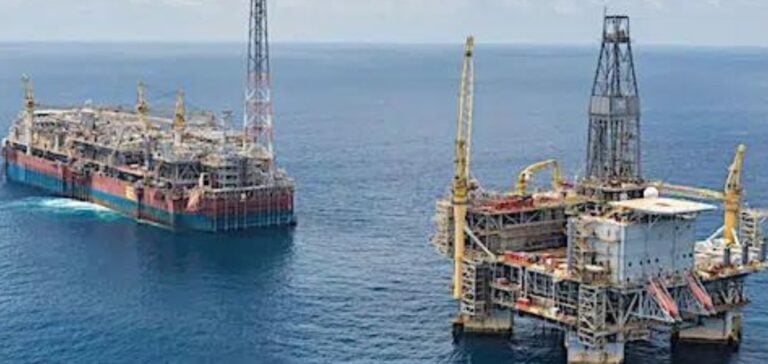The government of Guyana recently announced the selection of Fulcrum LNG, a company newly created by former ExxonMobil vice-president Jesus Bronchalo, to support the country in the creation of a natural gas development project. This choice comes after a careful analysis of 17 proposals submitted, with Fulcrum LNG presenting “the most comprehensive and technically sound proposal”, according to Guyana’s Ministry of Natural Resources.
A strategic partnership for gas development
With an estimated 16,000 billion cubic feet of natural gas reserves off its Caribbean coast, Guyana is looking to diversify its booming energy industry. The project aims to monetize these untapped resources and establish a second energy branch for the country. The involvement of Fulcrum LNG, headed by a formerExxonMobil executive, is seen as an asset, despite potential conflict of interest concerns, which the government has deemed irrelevant.
A project with significant implications
Guyana’s president, Irfaan Ali, has indicated that an agreement with the government, which may or may not include Exxon, is not expected before next year. ExxonMobil, although it has not yet made a decision on its participation in the project, has affirmed its commitment to helping Guyana develop its natural gas resources. The gas development project, considered a national priority, plans to export gas to Brazil and build a liquefaction plant for global exports.
Perspectives and challenges
Jesus Bronchalo, during his tenure as Exxon’s Vice President in Guyana, was a key figure in government relations and oversaw major projects, including a $55 million a year gas supply agreement. The new company, Fulcrum LNG, was founded by Bronchalo last July, and he takes on the roles of CEO, secretary, treasurer and director. The Guyana government maintains that Bronchalo’s past relationship with Exxon does not constitute a conflict of interest, given the termination of his ties with the oil company. The Ministry of Natural Resources also mentioned that, if necessary, the project could be carried out without Exxon’s participation.
Guyana’s gas project represents a strategic opportunity for the country to diversify its energy economy and maximize the value of its natural resources. The selection of Fulcrum LNG and the potential involvement of ExxonMobil are crucial steps towards achieving this ambitious goal. Future challenges include finalizing agreements and putting in place an infrastructure capable of supporting this major energy development, while ensuring transparency and efficient resource management.






















